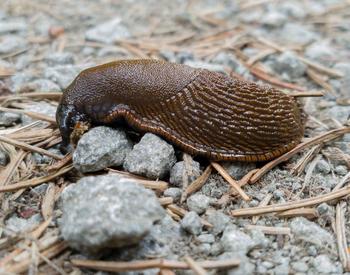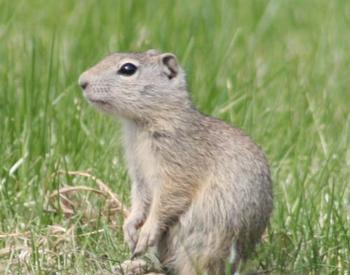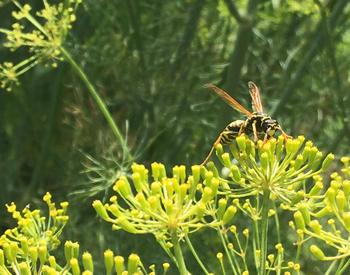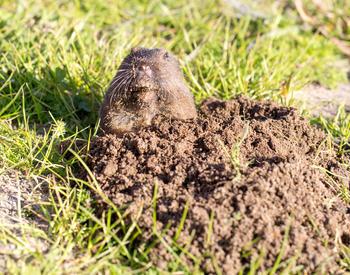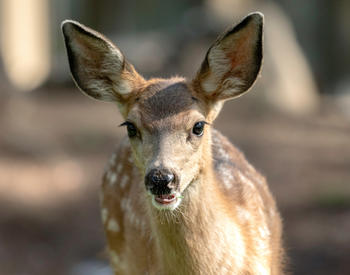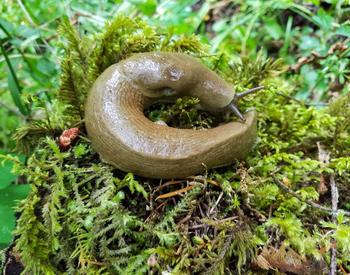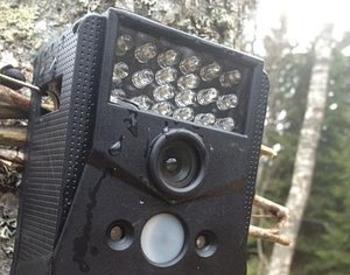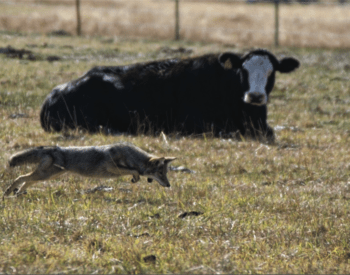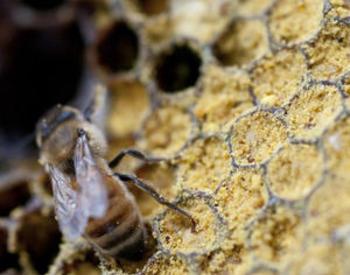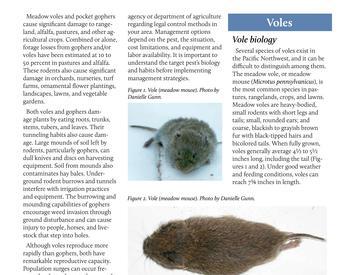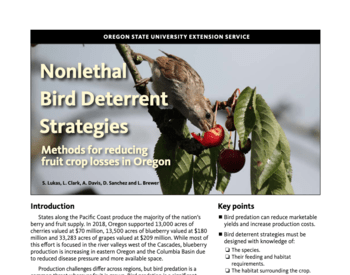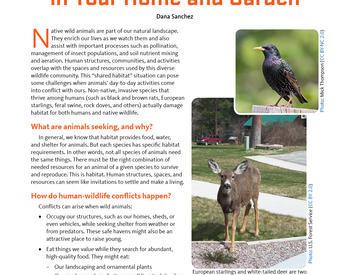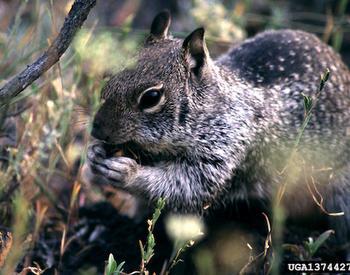Transcript
My name is Nick Andrews, and I'm the OSU organic vegetable extension specialist based in Corvallis. This is my dog, Bijou. She's a trained detection dog. We've recently been awarded a Western SARE grant to study whether detection dogs can more efficiently locate voles in the environment than just a human trapper alone. We've been through a vole eruption for the last three years or so, and we think that the population increase is beginning to decline. But we're still finding enough voles to work with. We're working in hazelnut orchards and dairy pastures right now, comparing the efficiency of canine detection teams to human trappers alone. So far, our 2022 preliminary results are promising, and we're looking forward to a good research season in 2023.
This short video introduces a new WSARE-funded project to help farmers detect voles in the environment and target their control efforts. Can detection dogs do this more efficiently than humans alone?
